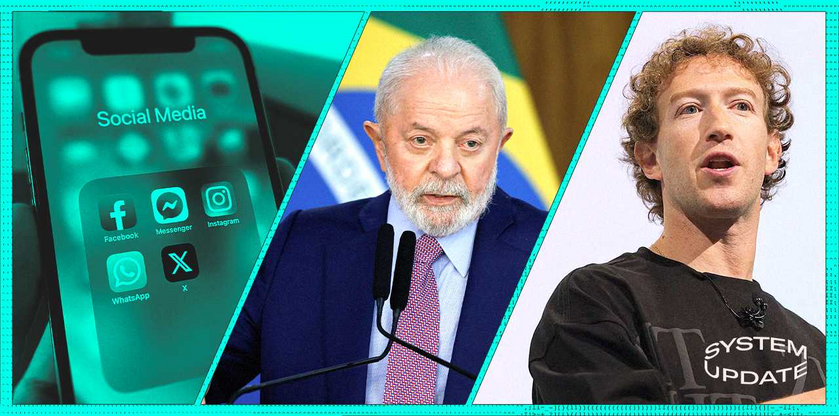The following is an abridged transcript of a segment from System Update’s most recent episode, lightly edited for clarity and readability. You can watch the full episode on Rumble or listen to it in podcast form on Apple, Spotify, or any other major podcast provider.
System Update is an independent show that is free to all viewers and listeners, but that wouldn’t be possible without our loyal supporters. To keep the show free for everyone, please consider joining our Locals, where we host our members-only aftershow, publish exclusive articles, release these transcripts, and so much more!
On Monday night, we delved into great detail about the multi-prong and quite surprising announcement by Facebook founder and current Meta CEO Mark Zuckerberg, in which he essentially took up the banner of free speech online, waved it quite assertively, denounced not just online political censorship in general, including of the kind Facebook and Instagram have frequently engaged in, but took direct aim – probably the most consequential part of what he said – because it was so specific and so much condemnation at the so-called disinformation and fact-checking industry that has been concocted and fabricated, and that has originated after 2016 as the tip of the spear to justify the imposition of political censorship on political discourse online.
We delved into the components of Zuckerberg's announcement, the new Meta policies that he laid out, the reasons to be skeptical of both him and those policies, and the possible holes in them but we also talked a great deal about the undeniably significant aspect of this announcement and the rage and anger and fear that it was provoking inside the United States, particularly among the disinformation groups and the fact-checkers whose credibility suffered a huge blow when Zuckerberg denounced them as being politicized and unreliable, therefore, people with whom Meta’s platforms would no longer be doing business.
That outrage and that fear have only proliferated and gotten much more intense, not just in the United States. Remember, Meta is obviously a huge international or even global company: Instagram is extremely popular in numerous countries throughout the West and throughout the democratic world. So still too, is Facebook, if you can believe that, and Threads even has gotten a few more users over the past few months.






















